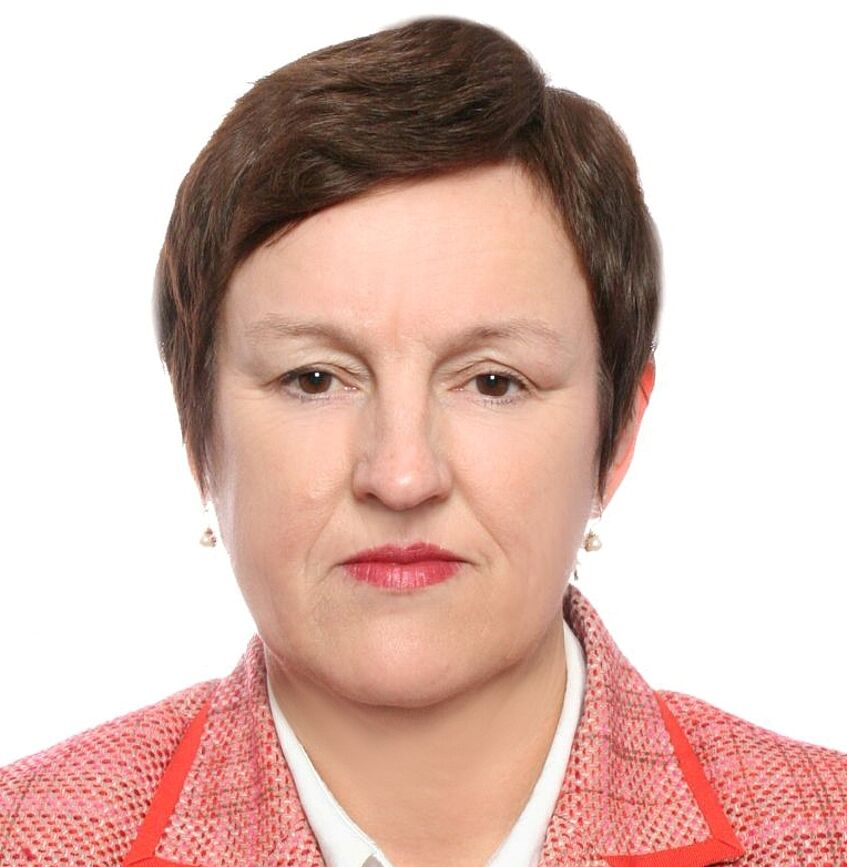
© Olga Radchenko
Assoc. Prof. Dr. Olga Radchenko
Associate professor (doсent) at Chair of tourism and hotel business, Institute of Economics and Law, Bohdan Khmelnytsky National University, Cherkasy, Ukraine
She has university degree in German philology, PhD degree in History. She has got several research grants such as at Imre Kertész College at Friedrich Schiller-University, Jena, Germany (2012), at German Historical Institute in Moscow (GHIM), Russia (2014), at European University Viadrina, Frankfurt/Oder, Program Erasmus Mundus (January 2016), the EHRI fellowships at the Center for Holocaust Studies at the Institute for Contemporary History in Munich, Germany (2016, 2017). In partnership with the Buchenwald and Mittelbau-Dora Memorials Foundation she has done research for the new permanent exhibition (September 2014-March 2015).
Published two monographs:
"Intourist" v Ukraine 1960-1980 godov: mezhdu krasnoj propagandoj i tverdoj valutoj" [Intourist in Ukraine in the 1960-1980th: between the Red Propaganda and the Hard Currency], Cherkasy 2013. ISBN 978-966-493-645-0.
Victor Bilous, Olga Radchenko: Pols'ki gromadany-bizhency v URSR (1939-1941). Istorychni narysy [Polish Citizens as Refugees in Ukrainian Soviet Socialist Republic (1939-1941). Historical Essays]. Cherkasy 2018. ISBN 978–966–920–300–7.
Abstract
„We were refused return to Austria”. Jewish Refugees from Austria in the Soviet Union
On 20 October 1939 912 Jews from Vienna were deported with a train to the small city Nisko near Lublin in Eastern Poland. This transport as well as 5 others were organised within the framework of Eichmann-Project about a huge Jewish ghetto between the rivers San and Bug. In the historiography of Holocaust the Eichmann-Project is a separate topic, which is generally well investigated. But still there is a lack of information about the fates of Viennese Jews, which crossed the demarcation line between the German- and Soviet-occupied zones of Poland at the end of October and found refuge in Lvov (Lemberg). At the end of June 1940 they were deported together with about 77 thousand mostly Jewish refugees from Poland and Czechoslovakia to Russian North. A part of Viennese Jews survived the World War II and the Shoa, but Soviet authorities did not allowed them to return back home to Austria.
Though the exact number of Viennese Jews on Soviet territory is not known, this group experienced special problems during the World War II and after the war. Follow-up of their destinies makes subject of historical research of particular importance.
The report is based on the NKVD-trials against 6 Viennese Jews in the archive of Security Service of Ukraine (SBU). It is important to clarify their fates during terms in GULAG and after release in 1946 as well as logic and dynamics of the Soviet policies, its duality toward the Austrian Jews.
Programme: Panel 5, Thursday, 6 September 2018, 13:00-14:30